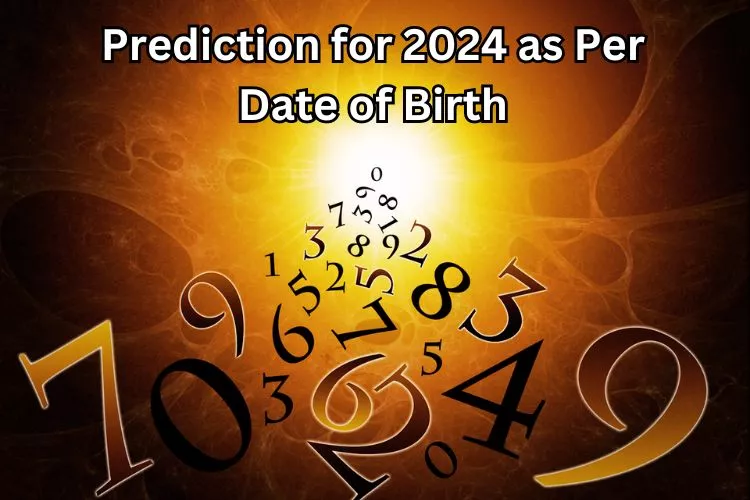Shiksha Vedanga And The Study Of Phonetics
Once you start the study of sanskrit scriptures and follow what knowledge they have to provide for you, you will realise it’s a never ending process. Vedas are the concepts of ancient times that will help you study the science of spiritualism, as well applied knowledge among, those categories lie, Vedangas. Vedangas are the complementary studies to vedas, that help you with better understanding of Vedas.
What are Vedangas?
Vedangas are ancient characters that relate to the study of vedas, just like the organs of the body. The Vedangas state that Veda is actually a Purusha having six limbs and those Six Limbs relate to the Six Vedanags. It is stated that Chhandas are his two feet, Kalpa are his two arms, Jyotisha are his eyes, Nirukta is his ears, Shiksha is his nose and Vyakarana is his mouth. They symbolically represent the organs of the Veda Purusha.
There are basically six types of Vedangas.
- Shiksha: Phonetics
- Kalpa : Rituals
- Vyakaran : Grammar
- Nirukta : Etymology
- Chhanda : Metre
- Jyotisha : Astronomy
Amongst them, lies one of the most important aspects, Shiksha Vedanga, a study that will help you understand the phonetics in a systematic manner. The Vedic scriptures such as shiksha vedanga have dealt with various sanskrit texts also known as pratisakhya, which are actually the supporting function in the study of Vedas They also provide protection and preservation to the Vedic traditions through the years.
Some important Pratisakhya are:
-
- Rigveda – Pratisakhya of Rigveda
- Taittiriya – Pratisakhya of Krishna Yajurveda
- Vajasaneyi — Pratisakhya of Shukla Yajurveda
- Atharvaveda – Pratisakhya of Atharvaveda
Shiksha Vedanga
Shiksha vedanga is the study of the physical sound of speech by humans. It consists of physical characteristics of speech. Moreover it focuses on the physical production, auditory reception and neurological perception of the sound.
The anicis scriptures like shiksha Vendnagas discuss the sound of speech, their classification and sounds generated during the recitation. This is all created by the vedic texts available in the consonant form. It is the proof of the existence of veda for the ancient times. The chapter Shiksha Vedanga is important for a pupil who wants to learn vedas in various ways, shiksha Vedangas help one enable their sense to read, pronounce and understand the sacred texts properly. Thereby, helping an individual understand the true and real meaning of vedas. The correct opronuncaiationids necessary to achieve the ceremonial benefits of the mantra. It is a part of the greater understanding of the vedas. One should always keep in mind that you can only reap the benefits of the mantra in vedas, through proper ceremonies and rituals. If mistakes are made during the sacrifices, it can be considered under the wrong understanding of philosophy and principles.
Phonetics is the systematic study of sounds. It is a means of describing the virtually produced sound by human vocal chords. Indian vedas and their study states a greater observation to the phonetics as well as grammar. There has been a phenomenal attempt to establish a theory of sanskrit language and this, a strong foundation to the spiritual quest to the vedas. Apart from analyzing the speech, the most complicated mechanism that needs to be understood is the speakingo sound. However, the advanced and modern approach you take up towards the approach speech, it is effectively seen that the old and traditional approach of the phonetics study has given great results.
Meaning of Phonetics
Unlike semantics, which is the basic study of understanding words and meaning of words, phonetics deals with the speech of human sound, and the linguistic approach to it. It is focused on the properties of speech sounds and the production of the sound. The phonetics use an integral part of the language at any level and thus, it can not be evaluated properly considering all the levels of understanding the Shiksha Vedanga.
The Three Main Phonetics:
- Auditory Phonetics
This study deals with the perception of speech. It delegates through the brain and how to represent the input it receives during any communication.
- Articulatory Phonetics
This part of the study deals with the movement of lips, tongue and vocal tract during the course of speech.
- Acoustic Phonetics:
It is the study of sound waves. It also deals with how it will reach your ears and the perceived information by your inner organs.
Role Of Shiksha Vedanga
- All the cultural tradition of rituals and ceremonies is dependent upon the pronunciation of scriptures. Thus, a lot of priority is given to the Shiksha Vedanga in the vedas.
- The main aim of the study of shiksha vedangas is to keep the sanctity of Vedas and Sanskrit language intact.THe best study of pronunciation is extremely necessary.
- The fault in pronunciation o f mantras is considered to bring negative energy thus, the pronunciation of a perfect verse will bring in the positive energy and results of the sacrifice being made.
- The bedasa are divine, thus, importance of correct pronunciation has been inviolable and thus, Vedic hymns have been given a lot of importance.
- Shiksha has been developed through ages to preserve the integrity and purity of all the verses and hymns, It is basically saving dharma from modernization.
Significance of Shiksha Vedanga
Although the shiksha vedanga has lost a lot of its ancient significance, they continue to occupy a prominent position in the academic study of Vedas. For centuries, the Vedic students have been taught to recite vedic hymns and mantras. Here, Shiksha Vedanga helps them understand the meaning of the scripture and thus, perfume the various rituals and ceremonies according to the originally established methods. The study of vedic scriptures helps the students inculcate a sense of discipline and respect towards traditional values and culture. Thus, the students uphold the traditions thereby, uphold the traditional value of the sanskrit scripture of ancient India.
From ancient times, veda was learnt through proper recitation. Thus, phonetic and pronunciation being a great part of the process, Shiksha means “to give”. Thus, it meant the teacher was basically trying to give the knowledge of Vedas to his disciple. This knowledge of Shiksha being the foundation of the study of vedas. The mastery of vedic recitations depends totally on the Shiksha.
Shiksha Vedanga is the primary base of all the other Vedangas. It consists of the rules of letters, accents, organs, delivery and phonetic combinations. Thus, shiksha can also be referred to, the science of pronunciation letters. Thus, we can conclude that Shiksha Vedanga occupies an important place in the academic study of veda. It is an essential part fo Vedic education system. Thus, it promotes all round development and understanding of the Vedas and Vedic practices.
The insistence on preserving rules of the Shiksha vedanga is possible as it is related to the fact that the sanctity of Vedic Mantra and their recital lies in the Pronunciation of the verses. During ancient Indian time, Shiksha Vedanga was the compulsory teaching offered at the Vedic school, which is basically also the foundation of the study of Vedic Literature. Thus, disciples were expected to listen to the pronunciation and thereby, reproduce the same sounds. If you wish to start understanding the Vedas in its original form, this can be your definite start.
















